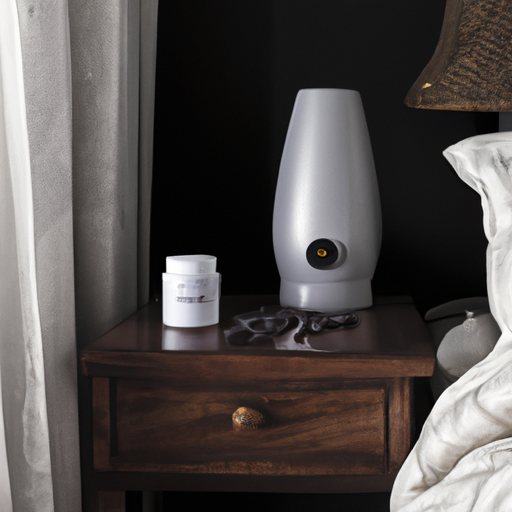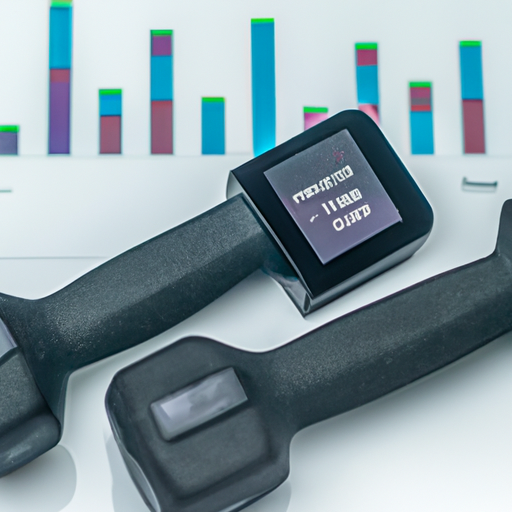
How to Optimize Your Sleep for Muscle Growth and Recovery
In the world of fitness where gains and personal bests often steal the spotlight, sleep optimization might seem like a supporting character. Yet, without quality sleep, muscle growth and recovery become a tough feat to accomplish. Like trying to drive a sports car without fuel, your fitness performance can sputter and stall. Let's delve into the dreamy details of how you can make your snooze work wonders for those biceps.
Why Sleep Matters in Fitness Performance
First, let’s suit up with some knowledge armour. Sleep isn’t just unconsciousness. It’s a highly active state that plays a pivotal role in resetting the body, brain, and your willpower to not skip leg day.
- Hormone Havens – Sleep is essential for the release of growth hormone, which repairs tissues and builds muscle.
- Protein Synthesis – Muscle repair and building occur, thanks to protein synthesis, which ramps up during sleep.
- Energy Recharging – Adequate rest ensures glycogen, your body's energy reservoir, replenishes, perfect for those explosive strength workouts.
Setting the Scene: Sleep Environment Optimization
Ambiance! It’s not only for dinner dates. A proper sleep environment is key to sleep optimization and improved muscle recovery. Let’s paint your bedroom with fitness-enhancing features.
- Darkness Reigns – Opt for blackout curtains and limit exposure to blue light to enhance melatonin production.
- Cool Comfort – Keep your haven cool. A room temperature between 60-67°F (15-19°C) ensures restful slumber.
- Sound of Silence – Consider white noise machines or earplugs to mute disruptive sounds.
- Mattress Matters – Invest in a supportive mattress and consider ergonomic pillows to prevent pesky pains.
Nightly Rituals for Sleep Optimization
Enter the suave finesse of sleep rituals. All your favorite fitness influencers have them, or at least so they say between squat sets. Cultivating a consistent routine signals your body that it’s time to flip the switch to energy-saving mode.
- Sticking the Routine – Maintain a sleep schedule. Consistent sleep and wake times fortify your internal clock.
- Zen Zones – Relax with yoga stretches or meditation to dispel the day’s stress.
- No Caffeine After Noon – A caffeinated beverage too late can spell disaster for your REM sleep.
- Hydration Halt – Cut off liquids at least an hour before sleep to prevent midnight bathroom dashes.
Dietary Decisions for Dreamland
Fueling recovery involves more than protein shakes and kale smoothies. Your evening meal can make or break your ZZZ’s.
- Protein Power – A light snack rich in protein, such as a handful of almonds or a small serving of cottage cheese, aids overnight recovery.
- Complex Carbs – Foods like oatmeal or whole-grain toast can boost serotonin levels, enhancing sleep quality.
- Magnesium Magic – Foods like bananas or spinach can help relax muscles and nerves, fostering a restful night.
Supplements: Helpers or Hoaxes?
Ah, supplements—a pillar of modern fitness culture. But are they worth the dive from your wallet?
Melatonin: Helps regulate the sleep-wake cycle. Ideal if you struggle with nailing down your schedule.
ZMA (Zinc Monomethionine Aspartate, Magnesium Aspartate, and Vitamin B6): Claims benefits for recovery and sleep, but studies are divided. Proceed with caution and consult your coach or doctor.
Valerian Root: Known for its tranquil effects, though the aroma might remind you of sweaty socks left in a locker room too long.
Listen to Your Inner Coach: Tracking Sleep and Recovery
In the era of wearable tech telling us how many steps we’ve taken, sleep tracking is as accessible as nabbing a spot at the squat rack—if you gym at 5 a.m. Trackers provide data insights into your sleep patterns, offering clues on how to fine-tune your routine.
Remember, data is a double-edged sword. Don't let numbers dictate your relaxation; use them as a guide to enhance your rituals.
Red Flags: When to Seek Professional Advice
Despite your best efforts, if your sleep resembles a boxing match with endless rounds, it might be time for expert insight. Problems like chronic insomnia, sleep apnea, or excessive daytime fatigue should be discussed with your doctor. There's no point trying to out-lift or out-run your health issues.
The Rest is History
As you snuggle under the covers tonight, remember that sleep optimization isn't about adding another exhausting task to your to-do list in your quest for muscle recovery. It’s about siding with nature’s intent, acknowledging your body’s whispered requests, and making rest the superhero of your fitness performance. The biceps may show off, but it's the brain's rejuvenation during sleep that steals the show.
Sweet dreams, and here’s to waking up ready to conquer that workout with a wink and a nod at the gains in sight!
